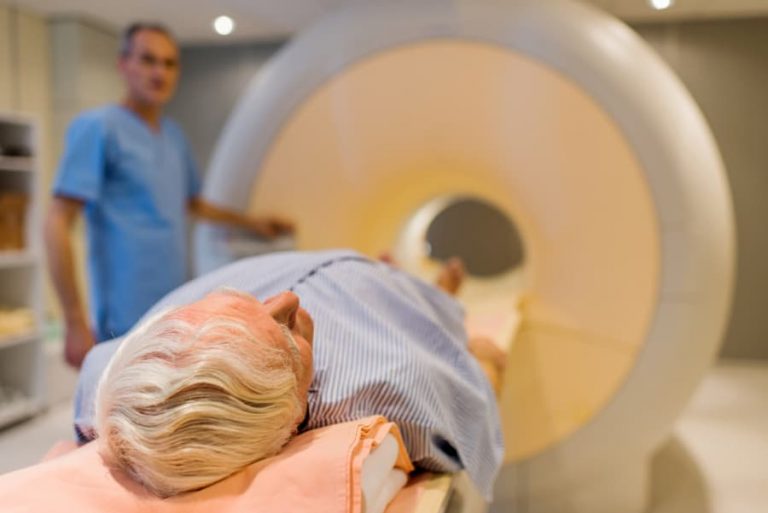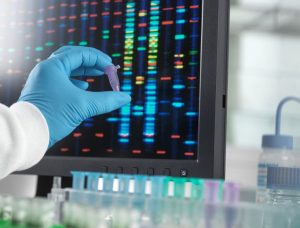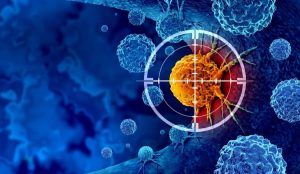
Recognizing Cancer Misinformation: Expert Insights from 2 RCCA Oncologists
“Consider the source.” It’s good advice for dealing with the sting of criticism or the allure of gossip, but two oncologists say it’s even better
HIPAA Alert: Potential Data Breach Learn More
Questions on Oncology, Hematology and/or Infusion Clinical Services due to COVID-19 Crisis – CALL 833-698-1623
Important Information for Our Patients Regarding the Coronavirus.
RCCA Providing Area Cancer Patients with Access to Care During Coronavirus Outbreak
RCCA Offering Patients Virtual Visits During Coronavirus Pandemic
The term “active surveillance” conjures up images of police officers, FBI agents, and other safety personnel monitoring suspects in a secretive manner. But at Regional Cancer Care Associates, the term has a completely different meaning. If a cancer diagnosis is considered low-risk, active surveillance may be recommended as part of a patient’s treatment plan.
Active surveillance is part of a cancer treatment plan and qualifies as a form of expectant management: the process of monitoring early signs and symptoms of certain diseases. For patients with low-risk cancer diagnoses, our team of oncologists and specialists carefully analyze the disease’s progress. You may be an ideal candidate for active surveillance if:
If we determine the condition is worsening, we will recommend a more aggressive form of treatment, such as surgery, or a nonsurgical treatment, such as radiation therapy.

At Regional Cancer Care Associates, our active surveillance plan comprises state-of-the-art technology and an expert team of oncologists and specialists. At the time of diagnosis, we can determine if active surveillance is the best treatment option for your condition. From there, we will perform specific tests and examinations on a regular basis, which may include:
Compared to other cancer treatments, active surveillance can be extremely beneficial. For one, it is virtually noninvasive, as the only surgical aspect involves a routine biopsy. It can also delay other, more invasive treatments, in the process sparing patients from burdensome side effects and potential complications for as long as possible. But above all, active surveillance allows patients with cancer to maintain an ideal quality of life, as further action will only be taken if and when the disease worsens.
In addition, active surveillance has proven to be exceptionally advantageous for men with low-risk prostate cancer. That’s because about 50% of prostate cancer diagnoses are low-risk and are unlikely to spread. These cases won’t require aggressive forms of treatment unless the cancer begins to worsen.
Active surveillance allows many patients to live a normal life while specialists keep a keen eye on their cancer’s progress. Some may never require more advanced forms of treatment. But if the cancer does worsen, our patients can rest assured that they’re in the best possible hands. Because active surveillance allows us to monitor cancer from the start, we’re able to constantly analyze the disease’s effects and progress to determine our next steps – before symptoms get worse.
For more information about Regional Cancer Care Associates, contact one of our locations in New Jersey, Connecticut, Massachusetts, and the Washington, D.C., area today.

“Consider the source.” It’s good advice for dealing with the sting of criticism or the allure of gossip, but two oncologists say it’s even better

Biomarker testing is the evaluation of samples of a patient’s tumor, blood, or both to identify the genetic mutations responsible for the development of cancer,

Medical research has made tremendous strides in improving how oncologists understand and treat cancer. One of the most exciting developments is the use of radiopharmaceuticals.

Regional Cancer Care Associates is one of fewer than 200 medical practices in the country selected to participate in the Oncology Care Model (OCM); a recent Medicare initiative aimed at improving care coordination and access to and quality of care for Medicare beneficiaries undergoing chemotherapy treatment.